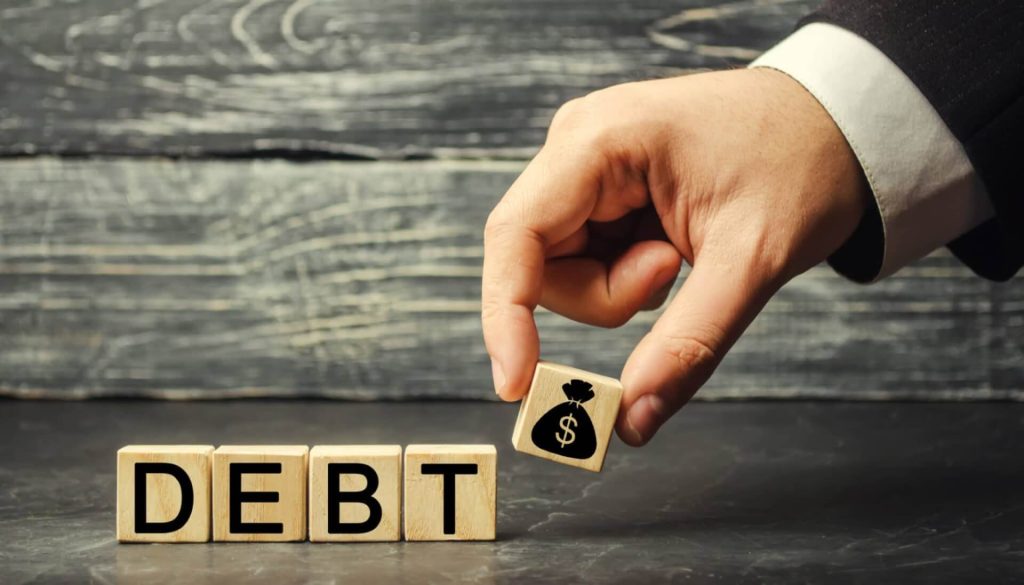Divorce is an emotionally-tasking and time-consuming process. You’re expected to make choices about nearly everything, from mundane details to highly sensitive issues. Some of these issues include debts that you took on your own and jointly with your partner. It would be best if you didn’t assume that filing for divorce will force the court to split the debts as you wish. Therefore, it’s essential to learn more about the debt and divorce process.
As part of a divorce judgment, courts divide the couple’s assets and debts and decide who should pay specific debts. While equality is the goal, the process of debt and asset division might change this ratio. For instance, if one partner gets more properties, that decision is likely to come with a set of obligations such as paying the taxes, utility bills, and other expenses linked to that asset.
Every state has specific laws regarding the division of assets and debts. Some states consider the debts and assets that each spouse acquired during the marriage period. In other states, the law considers every asset and debt to be owned equally. But if there is a prenuptial agreement, some elements of the property division process might change.
A divorce decree spells how each debt will be shared.
Credit card debt
You cannot be held responsible for your partner’s credit card debt, particularly if the debt isn’t in your name. However, things are different in the case of a joint credit card debt. Note that the responsibility of a joint credit card debt varies.
Many states consider it a marital debt as one that accumulated during the marriage period, no matter whose name appears on the credit card account. If there’s joint credit card debt, the chances are that the couple will be responsible for the debt, regardless of who was making the payments.
Mortgage debt
Most experts firmly believe that you should sell the property and split the income if you have huge mortgage debt. Even if someone advised you to keep the property for the good of your children, sell the house and split the money. This is a clean gateway.
Another option is to buy out your partner. Generally, mortgage debt is assigned to a specific partner who makes significantly more income than the other. Sometimes, mortgage debt is awarded to the spouse with full custody of the kids. That means that one party must buy out their spouse’s equity in the property.
Auto loan debt
If both of your names are on an auto loan, this can be a big problem during a divorce. One of the best ways to handle this issue involves approaching the lien holder and request to refinance the car without involving your spouse. You can also insist on automatic payment from your partner’s account.
The ugly reality is that if one spouse is held responsible for paying debts such as auto loans and joint debts after divorce, they might choose to ignore the payments. If the other party is part of that loan as a cosigner or borrower, they’re on the hook for defaults, collection costs, or late fees.
Medical debts
In Community Property states like Idaho, Arizona, Nevada, California, Texas, Louisiana, New Mexico, Wisconsin, and Washington, you will be required to pay your spouse’s medical-related debt. But in the Equal Division Property states, courts consider how long the couple was living together, the medical debt, and the potential impact of this debt is likely to have on the kids.
If you and your partner are considering divorce, it is recommended to pay off your debts before you finalize your divorce process. Remember, divorce agreements may not supersede the terms of a debt or loan agreement.

